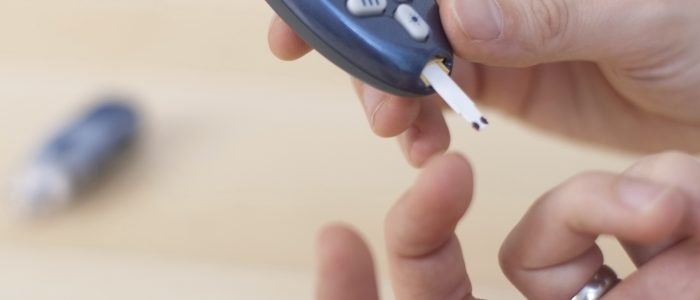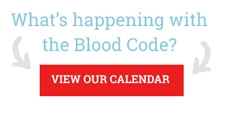In a large-scale study called the ACCORD trial, published in the New England Journal of Medicine in 2008, type 2 diabetics were divided into groups to compare more-aggressive combined drug therapy to lower blood glucose levels to as close to normal as possible (goal was <6). But the study did nothing to emphasize diet and exercise; researchers were instead going to use what most doctors use already, “polypharmacy”—many different drugs in each person as needed to lower sugars, like metformin, glipizide (one of many drugs that trigger more insulin secretion), and injectable insulin. The trial was planned for 5.6 years, but was discontinued after 3.5 years because the people on more-intensive drug protocols were dying far more rapidly than the controls, even though they had lower average blood sugars, measured by A1C. The lead author, Dr. Hertzel Gerstein, explained the incriminating findings: “We believe that some unidentified combination of factors tied to the overall medical strategy is likely at play.”[i]
Overall medical strategy means that the entire concept of drugging the body into metabolic submission (lowering blood glucose was the only goal of therapy) kills more people than it cures. Glucose isn’t the culprit; insulin resistance is the culprit. The people in the aggressively treated group took medications that raised their insulin levels (glipizide, insulin), thereby making their insulin resistance worse. Drug-induced high insulin, just like innate high insulin, causes fat gain, fluid retention, even more insulin resistance, and blood sugar irregularities. People in the ACCORD trial were not instructed to reduce their carbohydrate intake. I will again state an apparent truth: The medical-industrial-pharmaceutical system has no vested interest in advising you to prevent or reverse disease through lifestyle.
In a related news event in the New York Times (June 3, 2013), reporters covered the unusual move of the US FDA, which announced that it might retract its prior restrictions on the drug Avandia, a diabetes drug that raises insulin but increased the incidence of heart attacks. The article was not in the health section; it was in the business section. The FDA decision was seen as a “huge victory for the drug maker, GlaxoSmithKline.” Their huge victory is a colossal loss for all those people who look to their doctors for guidance toward “the best” therapy for type 2 diabetes.
In short, there is not a drug or miracle pill that helps you correct insulin resistance. And even though there are drugs to lower your sugar, you will have to accept a shorter and sicker life. If you have type 2 diabetes, you need to guide your own diet and lifestyle to reverse disease and restore your health—Figure out your Blood Code and take an empowered step toward your healthy metabolism.
[i] https://www.nhlbi.nih.gov/news/press-releases/2008/accord-clinical-trial-publishes-results.html: The Accord Trial report from the US National Institutes of Health, 2008.




Comments are closed.